Heading to Spain soon? The chances of coming across some common local expressions are inevitable as soaking oneself in the glorious Spanish sunshine.
The Spanish have long convinced themselves that they love nothing more than life itself.
As an all too familiar saying goes, ‘vida’ is short and so they celebrate it with a passion. And boy how the good people of Spain do it.
Like everything in Spain, the locals infused passion in their poetry, beliefs, flamenco and romance. Above all, their emotions are the embodiment of their expressions.
No surprise that when they talk, words are spoken in a slightly higher decibel. So here’s a visual guide to help you think, speak and pass for a local.
Any attempt of speaking the phrases – loudly and passionately are warmly welcome.

Estar loco como una cabra / To be as crazy as a goat – “To be totally mad”
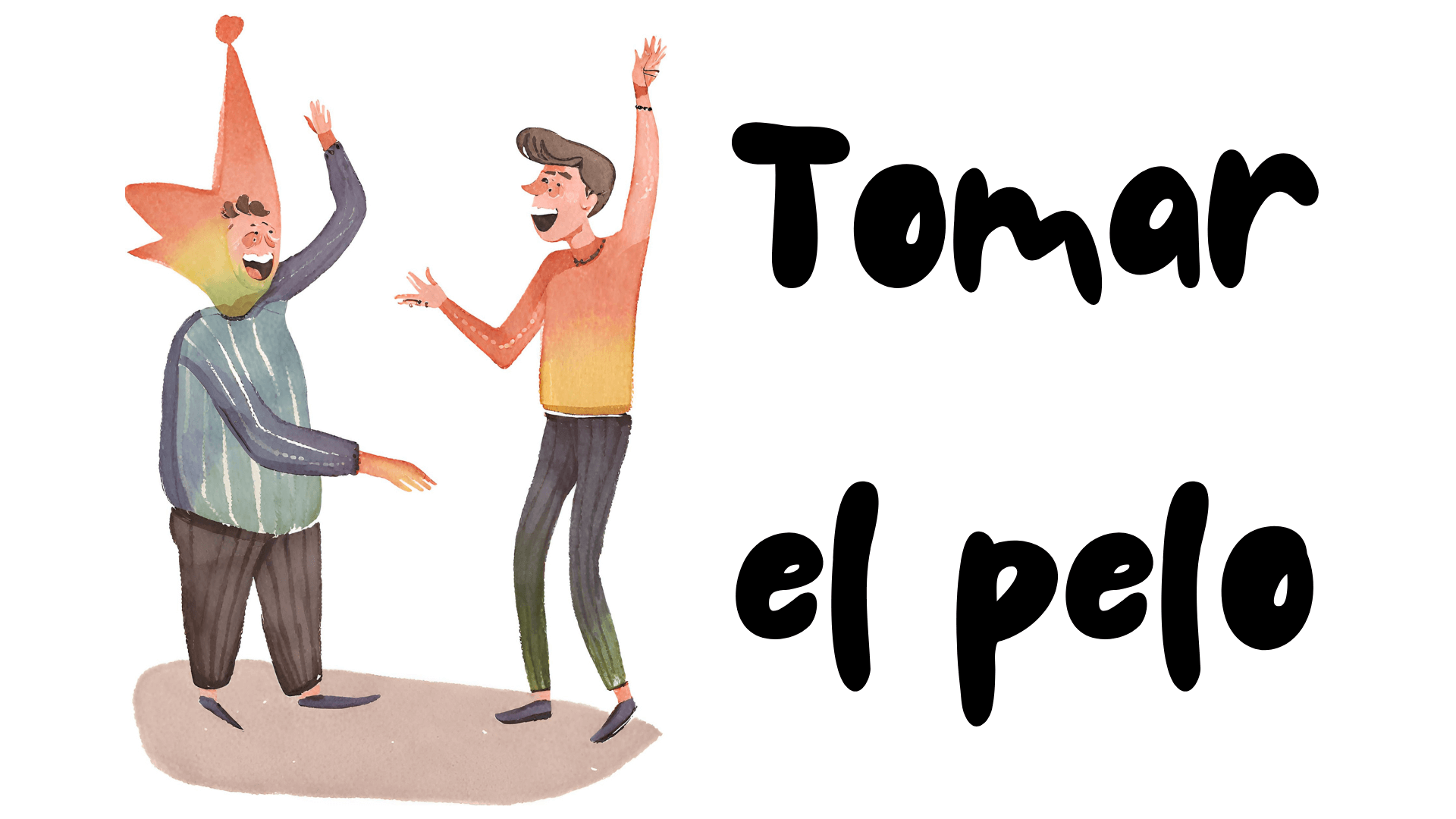

Tomar el pelo / To take someone else’s hair – “To tease or pull a wool over one’s eye”




Hablando del Rey de Roma / Speaking of the King of Rome – “A person making his appearance after being mentioned”
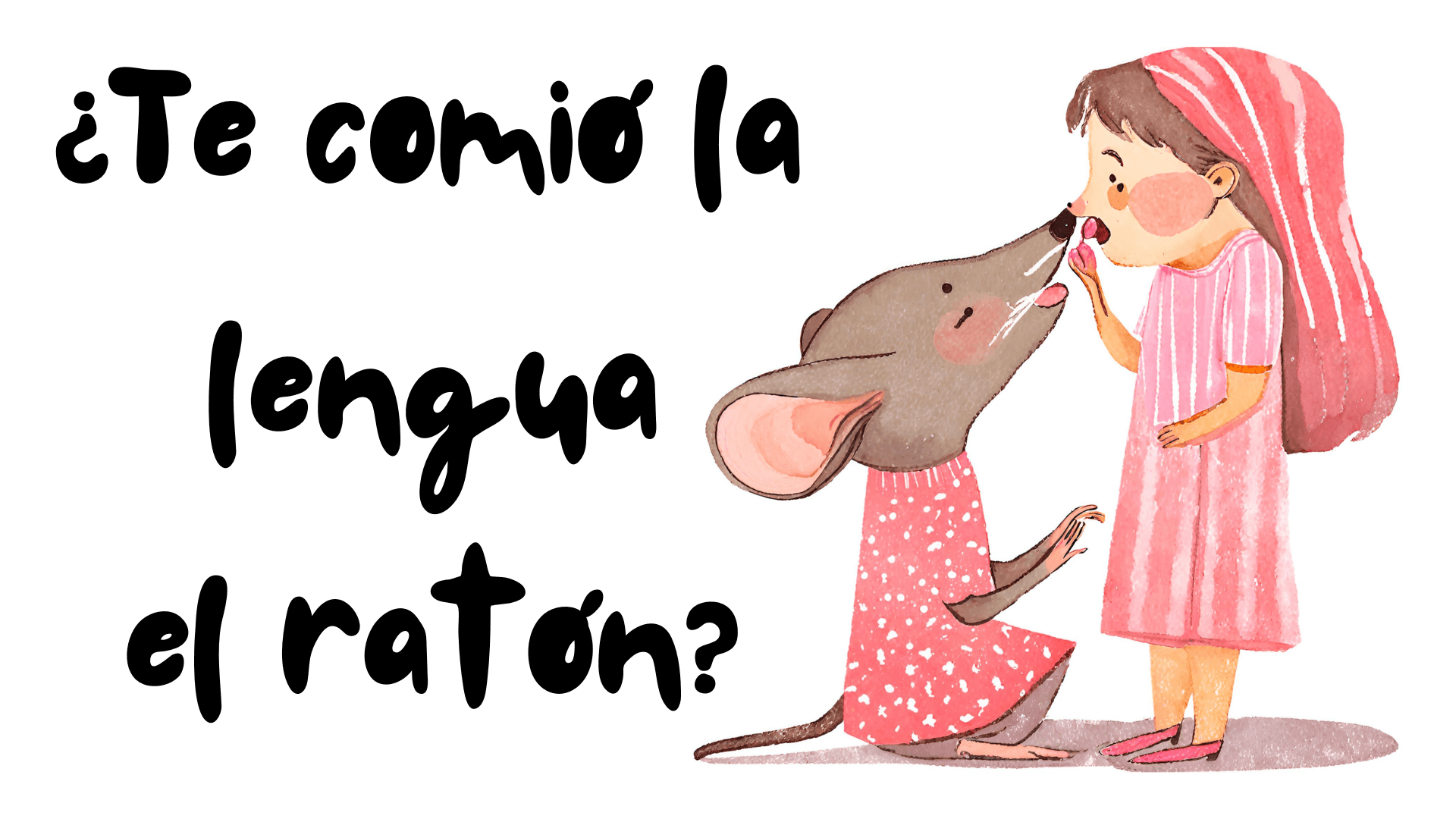

¿Te comió la lengua el ratón? / Did the mouse eat your tongue?- “Cannot speak / Cat got your tongue?”
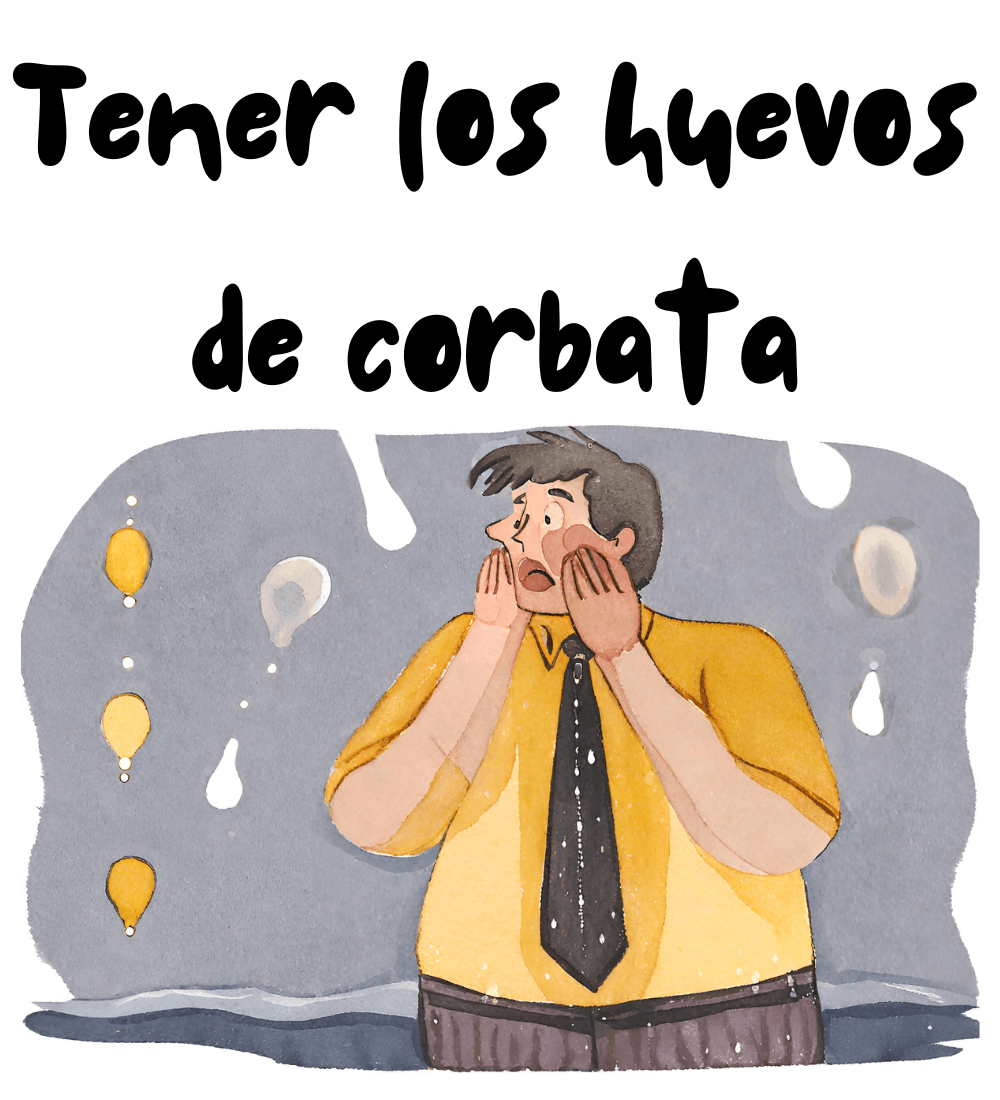

Tener los huevos de corbata / To wear one’s egg as a tie – “To be filled with fear”
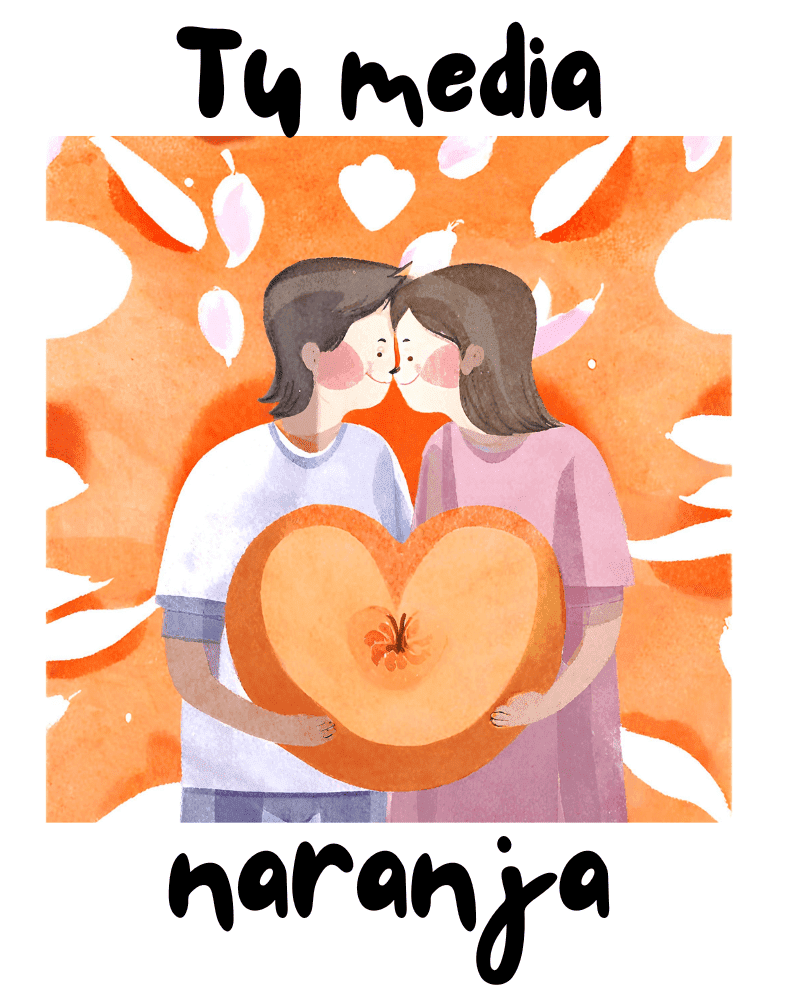

Tu media naranja / Your other orange – “Your better half or soul mate”




Es un dos por tres / It’s two for three – “Easy as 1,2,3 or Piece of cake”
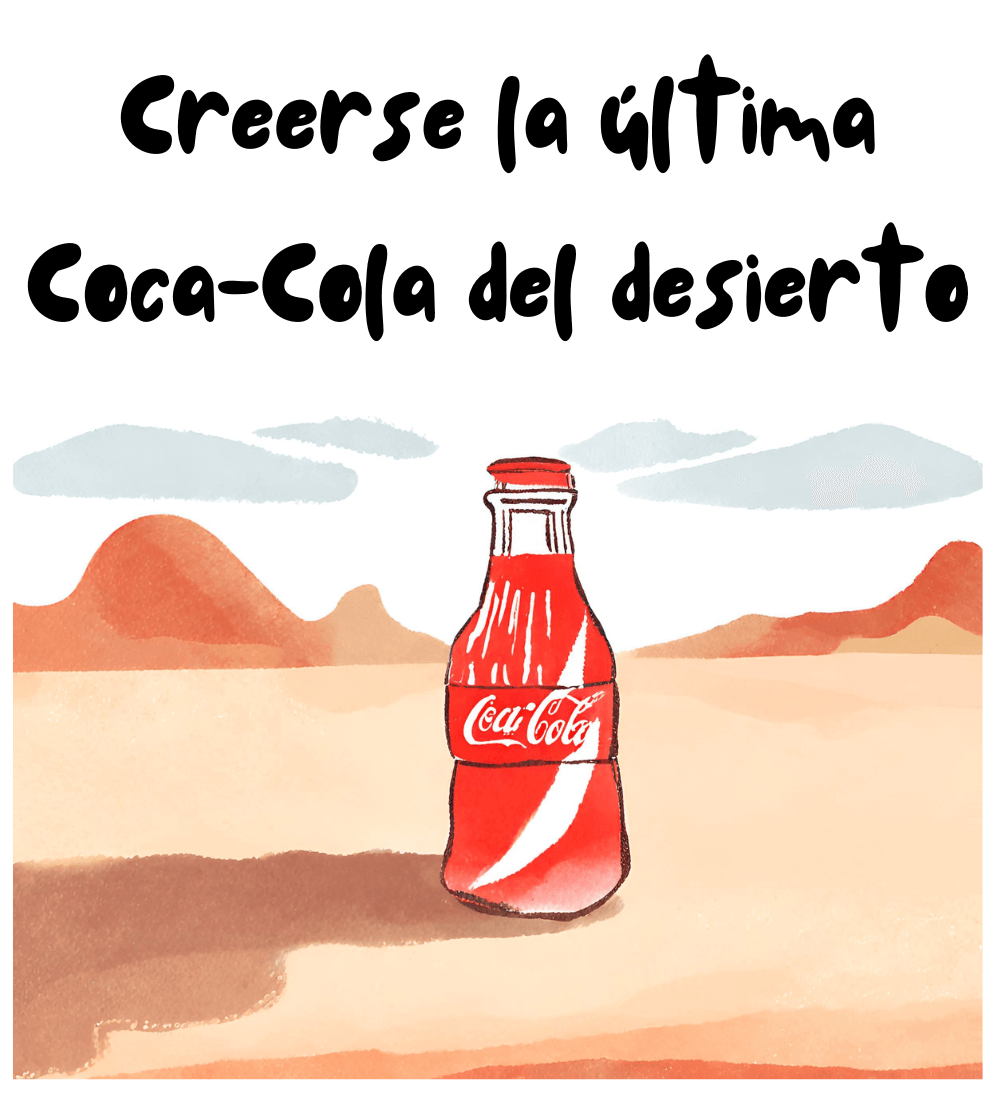

Creerse la última Coca-Cola del desierto / To think of oneself as the last Coca-Cola in the desert – “To think highly of oneself”


Feliz como una lombriz / Happy as a worm – “Feeling very happy”
Give this a try and say them out loud – with passion of course. Practice makes perfect as the proverbial saying goes. Time to level up amigo and say goodbye to ‘no comprendo’. And always remember, when in Spain, let you feelings do the talking.
In case you too are planning to enrich your travels to Spain, a short foray to a language school like Centro Lenguas de Modernas, nestling in the foothills of the Alhambra might just be the ticket to that happy life in the sun.


Formación y Gestión de Granada SLMP
Placeta del Hospicio Viejo s/n
18009 GRANADA (ESPAÑA)
Teléfono: (+34) 958 215 660
Email: [email protected]
BUTTER MY BAGUETTE
This website made of love strives to produce FREE CONTENT.
Help me tell more stories and keep this website free of any advertisement by supporting Flying Baguette in inspiring more people and connecting you with other cultures and communities around the globe. Donate a little or as much as you can afford to keep the magic of Flying Baguette going for years to come. Share your support through the icons below ⬇️











Spaniards not only love life, they also love socializing and enjoying public spaces. All the bustle of Spanish cities, interspersed with siestas, is part of the Spanish way of life and its inhabitants. It’s a cultural issue… which, unfortunately, we Portuguese don’t have.
Even so, we have so much in common, like the expressions: the cat got your tongue, the last Coke in the desert and half an orange. For some reason they say they’re “nuestros hermanos” 🙂
I love your aesthetics which is so “global” now. Lovely read.
These are such fun things to learn. At first I was thinking how strange it is to say “did the mouse eat your tongue” but I guess it’s just as strange as “has the cat got your tongue”. I love the other half being your other orange – makes a change from “they’re your lobster”… thank you Friends! But as a Diet Coke fan I’m sure you can guess which of these sayings I love the most
Loved this article.
As a Bi-lingual Spanish/English speaker it brought back the jokiness of saying something in Spanish, which I would understand and feel as normal, to a direct translation and how ridiculous it sounds in English.
I think a couple are Central/South American phrases as the word for some things in Castilian (Spain) Spanish are different.
When I look at the English version of the phrases – that one seems even more ridiculous ! How did we ever get to use the expression ” a piece of cake” lol.
Ah i love Spanish. I used to be close to fluent but I stopped using it in college to my dismay. When I visited Spain I realized how different Colombian Spanish (which I knew) was different, so learning these idioms would be so much fun to know before a trip to Spain!
The phrase that best sums up my response is “Feliz como ua lombriz.” I must find a way to include this in conversation next time I’m in Spain! I truly enjoy learning idioms in a new language. I am endlessly fascinated by the weird way we humans express ourselves. Getting egg on one’s tie doesn’t seem worthy of fear (even to me — allergic to eggs!). If I had guessed, I would have thought it was more about being embarrassed!
Such a fun read! Thanks
Lyn | http://www.ramblynjazz.com
This is a cute new series are you going to post more of these? I like the King of Rome, which is much nicer than the English equivalent of “speak of the devil”. I’m still looking for my other orange.
Carolin | Solo Travel Story
What a lovely post – me gusto mucha! I was feliz como una lombriz reading this. It’s so interesting that some have similarities to English expressions – but why a mouse getting your tongue rather than a cat? (Indeed, why a cat?) I’m trying to learn Spanish and, although my attempts are VERY basic, these delightful idioms will enrich my language skills. Muchas gracias!
Mitch (y me media naranja, Colin)!